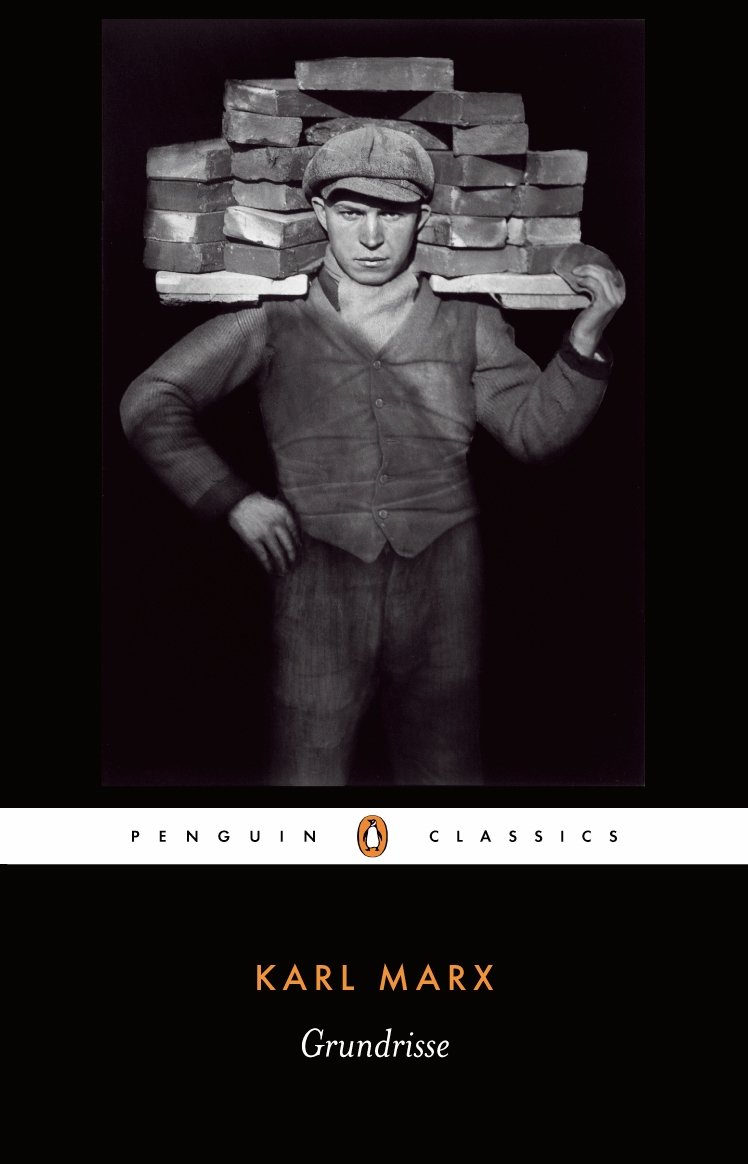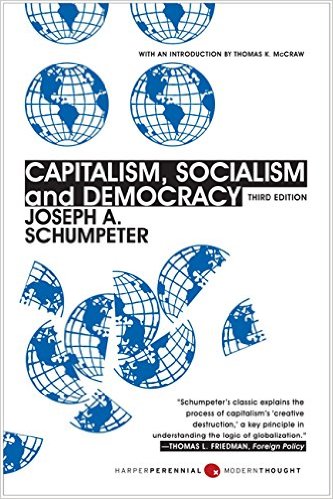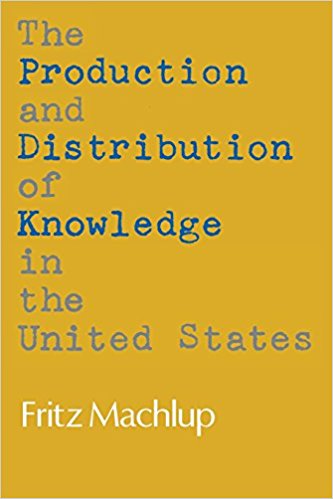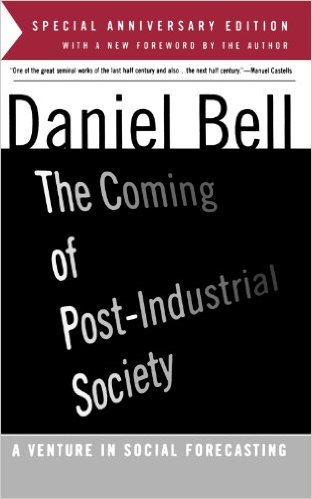6 books for understanding how cities work
Richard Florida, author of 'The Rise of the Creative Class' and 'The New Urban Crisis,' shares the best books on urban capitalism, innovation, and inequality

A free daily email with the biggest news stories of the day – and the best features from TheWeek.com
You are now subscribed
Your newsletter sign-up was successful
Urbanist Richard Florida is the author of The Rise of the Creative Class, the book that taught cities to focus on attracting people in the creative professions. Below, he shares his favorite books on urban capitalism, innovation, and inequality:
Grundrisse by Karl Marx (Penguin, $21).

Some might say Kapital is Marx's seminal contribution, but this 1858 study is where he worked out his basic ideas on the dynamism, contradictions, and crises of capitalism. What's especially amazing is how he anticipates the rise of the modern knowledge-driven economy. Get this, written before the American Civil War: "Nature builds no machines, no locomotives, railways, electric telegraphs, self-acting mules, etc. ... They are organs of the human brain, created by the human hand; the power of knowledge, objectified." Talk about anticipating what was to come.
The Week
Escape your echo chamber. Get the facts behind the news, plus analysis from multiple perspectives.

Sign up for The Week's Free Newsletters
From our morning news briefing to a weekly Good News Newsletter, get the best of The Week delivered directly to your inbox.
From our morning news briefing to a weekly Good News Newsletter, get the best of The Week delivered directly to your inbox.
Capitalism, Socialism, and Democracy by Joseph Schumpeter (Harper Perennial, $17).

Schumpeter, the Austrian economist who invented the term "creative destruction," updated Marx in this 1942 work, outlining a theory that identifies innovation and entrepreneurship as the sources of capitalism's dynamism and resilience.
The Production and Distribution of Knowledge in the United States by Fritz Machlup (Princeton, $72.50).

Machlup's pioneering 1962 study fully introduced the concept of the knowledge economy, an idea later popularized by renowned management theorist Peter Drucker and others.
A free daily email with the biggest news stories of the day – and the best features from TheWeek.com
The Economy of Cities by Jane Jacobs (Vintage, $16).
Her earlier book, The Death and Life of Great American Cities, is better known, but this 1969 book is her masterwork, the one she said she wanted to be remembered for. In it, she outlines her theory of cities — as opposed to companies and industries — as the basic platforms that make innovation possible.
The Coming of Post-Industrial Society by Daniel Bell (Basic, $21).

In 1973, Bell detailed the rise of a society no longer driven mainly by agriculture or manufacturing, but by technology, information, and knowledge. He also highlighted the growing importance of the new technocratic class of scientists, engineers, and knowledge workers in that society.
The Big Sort by Bill Bishop (Mariner, $17).
Published in 2008, Bishop's modern classic outlines the geographic sorting of people and industries by economic class, social outlook, and political persuasion. After nearly a decade, it remains the best book on America's divides.
— Florida's latest book, The New Urban Crisis, examines how urban inequality has spun out of control.
-
 Why is the Trump administration talking about ‘Western civilization’?
Why is the Trump administration talking about ‘Western civilization’?Talking Points Rubio says Europe, US bonded by religion and ancestry
-
 Quentin Deranque: a student’s death energizes the French far right
Quentin Deranque: a student’s death energizes the French far rightIN THE SPOTLIGHT Reactions to the violent killing of an ultraconservative activist offer a glimpse at the culture wars roiling France ahead of next year’s elections
-
 Secured vs. unsecured loans: how do they differ and which is better?
Secured vs. unsecured loans: how do they differ and which is better?the explainer They are distinguished by the level of risk and the inclusion of collateral